HotSpots H2O: Reversing a Drought Pattern, Afghanistan Struck by Deadly Floods
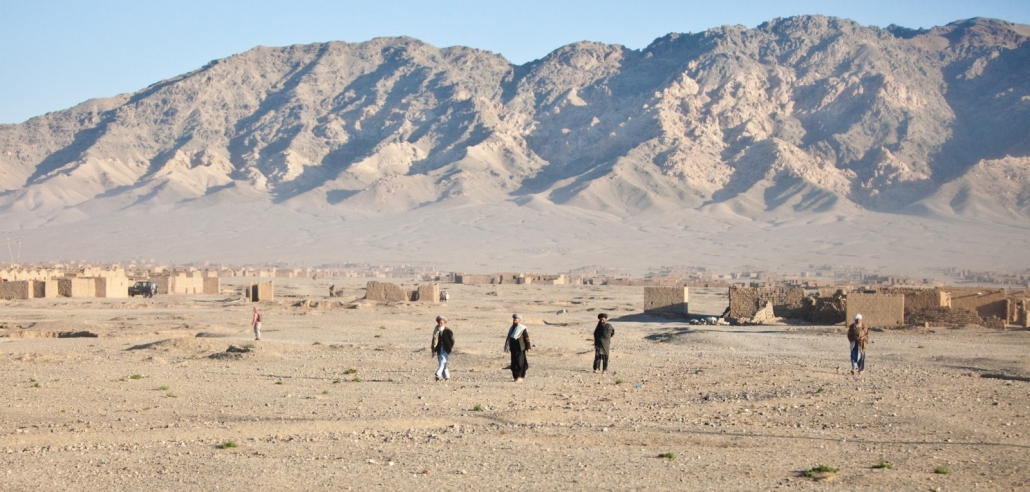
Landscape and village, Herat Province, Afghanistan. Photo courtesy of Wikimedia Commons.
After years of drought, wet weather returned, in force, to Afghanistan this winter. In March, rain and snow overwhelmed parched lands with deadly flash floods that displaced thousands.
Ecological tumult combined with years of punishing war have put an estimated 13.5 million of the country’s residents at risk of severe food insecurity, aid agencies warn. It’s almost double the number from two years ago. Many residents are also short on water, fuel, and medicine.
“They had the drought problem, and the floods and the conflict. They are very poor people and they lose all they have,” Nilab Mobarez, secretary general of the Afghan Red Crescent Society, told Reuters. “The floods are the latest disaster to bitterly test the resilience of people already stretched to breaking point by drought.”
More flash floods are predicted and could further devastate thousands of Afghans. The United Nations estimates that 15,000 families were affected by the March flooding. At least 63 people were killed, and several others are still missing.
Drought and conflict have impacted millions and displaced thousands in Afghanistan. The United Nations estimated that 275,000 people in western Afghanistan were displaced by drought in the first 9 months of 2018, plus another 52,000 by conflict. In some cases, drought is driving conflict, bringing greater turmoil to a country already embroiled in a 17-year battle with the Taliban.
Hope on the Horizon
Despite the devastating flash floods, farmers are hopeful that the increase in precipitation will lead to a bumper crop. Aid organizations say this summer’s harvest will be critical in determining Afghanistan’s future food security.
“If the harvest is OK, that will help communities come out of a terribly bleak period. If it’s not OK, we’ll need a massive injection of food quickly,” explained Toby Lanzer, the UN’s deputy special representative for Afghanistan, in an interview with Reuters.
Last year, many farmers were unable to sow crops at all due to dry conditions, and some were forced to sell off farming equipment in order to survive.
Kayla Ritter is a recent graduate of Michigan State University, where she studied International Relations and Teaching English to Speakers of Other Languages. She is currently based in Manton, Michigan. Kayla enjoys running, writing, and traveling. Contact Kayla Ritter

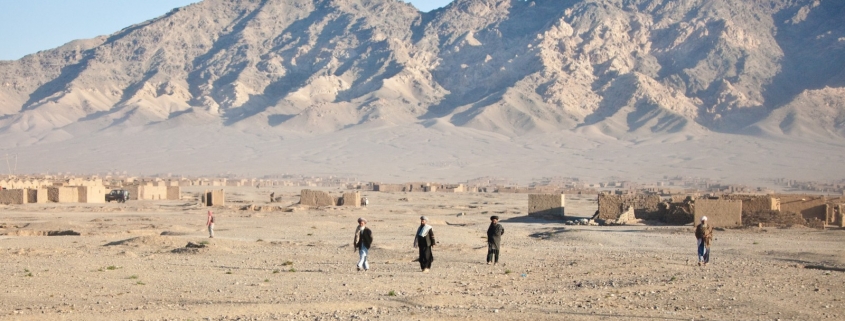

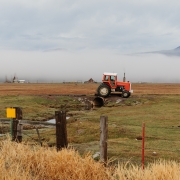



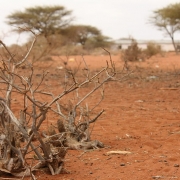
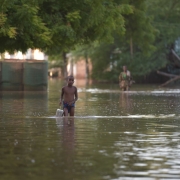




Leave a Reply
Want to join the discussion?Feel free to contribute!